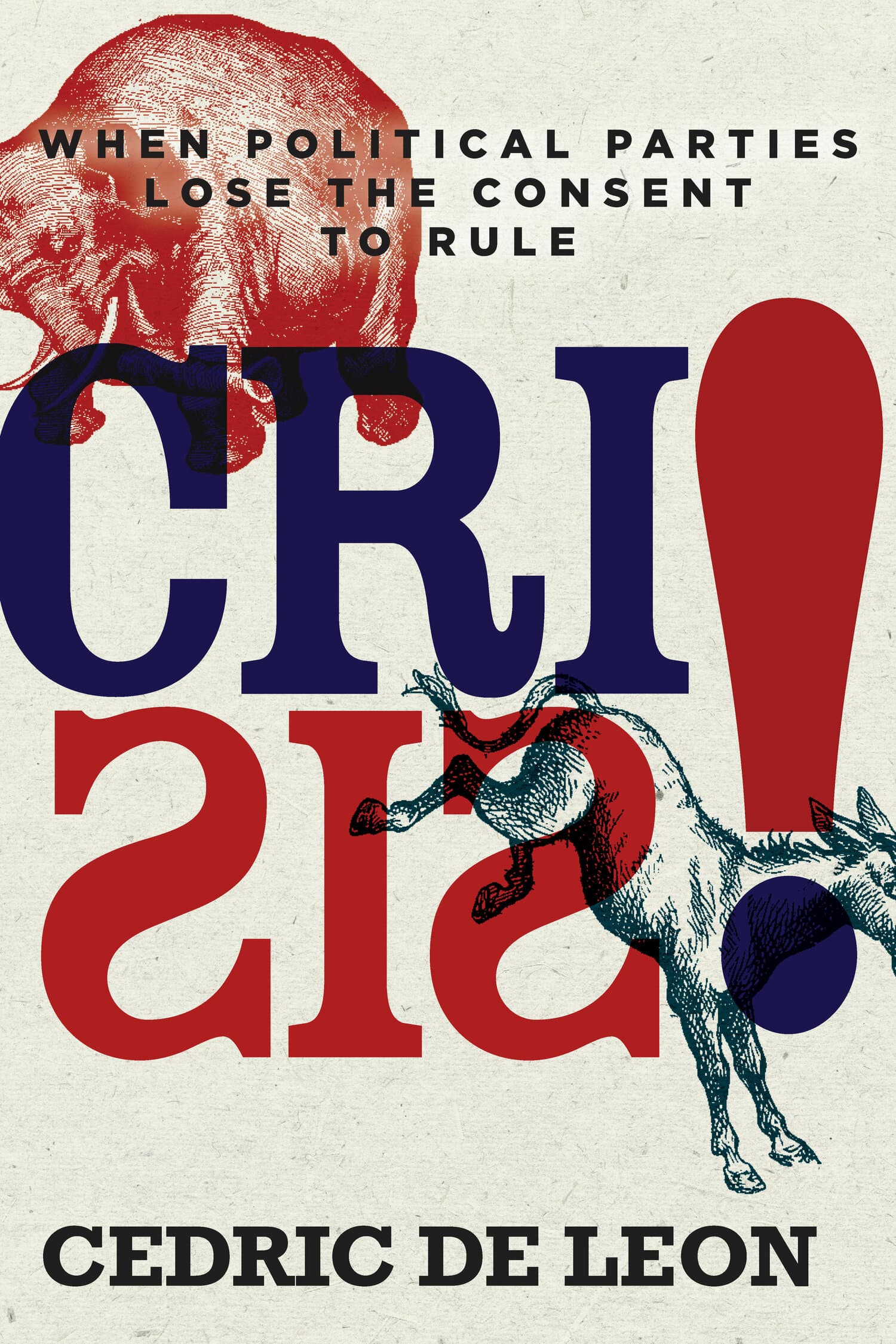Crisis by Design

Devastating hurricanes, deteriorating infrastructure, massive public debt, and a global pandemic make up the continuous crises that plague Puerto Rico. In the last several years, this disastrous escalation has placed the archipelago more centrally on the radar of residents and politicians in the United States, as the US Congress established an oversight board with emergency powers to ensure Puerto Rico's economic survival—and its ability to repay its debt. These events should not be understood as a random string of compounding misfortune. Rather, as demonstrated by Jose Atiles in Crisis by Design, they result from the social, legal, and political structure of colonialism. Moreover, Atiles shows how administrations, through emergency powers and laws paired with the dynamics of wealth extraction, have served to sustain and exacerbate crises. He explores the role of the local government, corporations, and grassroots mobilizations. More broadly, the Puerto Rican case provides insight into the role of law and emergency powers in other global south, Caribbean, and racialized and colonized countries. In these settings, Atiles contends, colonialism is the ongoing catastrophe.
—Luis Eslava, La Trobe University and Kent Law School
"This book makes a ground breaking contribution to our knowledge of what has come to be known "disaster capitalism" by elucidating how, in the colonial context, disaster is capitalism. The social devastation caused by financial hurricanes, just like their extreme weather equivalents and earthquakes, and just like the social debris that is created in the aftermath by the PROMESA and the FOMB have become the routine and certain by-products of colonial capitalism. As Jose Atiles teaches us, it is not just that the 'state of emergency' has become the rule; in colonial context it was always so. Emergency law is a constant, a cast iron rule of law, forged in the furnaces of capital accumulation. As Puerto Rico lurches from multi-layered crisis to multi-layered crisis, we realise that the unbroken succession of deeply interwoven crises appear as a constant underpinned by new layers of 'exceptional' law. As he walks through the ashes of the crisi/es, Jose Atiles finds both newly imposed forms of value extraction (through corruption and anti-corruption initiatives alike) and new forms of resistance to those (#Wandalismo and #NiCorruptosNiCobardes). And it is in the latter that we find the embers of something new to come. A popular movement on the streets, rising up against corruption to create temporary ruptures and challenges to colonial legality; an enduring, slow-burning fuse that is kept smoldering in what is an almost impossibly uplifting and beautiful conclusion to Crisis by Design."
—David Whyte, Queen Mary University of London




